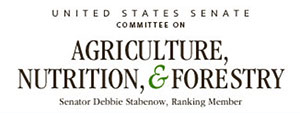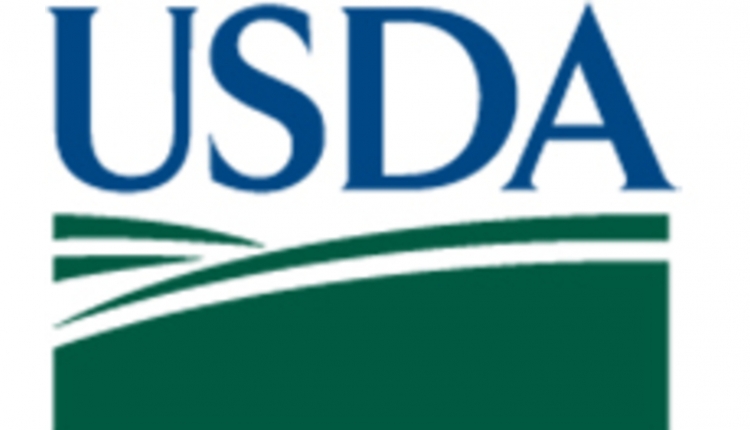The information below has been supplied by dairy marketers and other industry organizations. It has not been edited, verified or endorsed by Hoard’s Dairyman.


U.S. Senator Debbie Stabenow, Ranking Member of the U.S. Senate Committee on Agriculture, Nutrition, and Forestry, today issued the following statement after the Senate passage of the Families First Coronavirus Response Act, which includes more than $1 billion to provide nutritious food to pregnant women and mothers with young children, help food banks, and provide meals to families and seniors.
“During this public health crisis, it is vital that we ensure families in Michigan and across the country can continue to put food on the table. That’s why we expanded access to healthy food for seniors, expecting mothers, children, and those who are working unreliable hours. With millions of children who rely on school meals every day, this bill ensures our students continue to receive healthy meals while schools are closed.”
In order to ensure Americans have access to healthy food, the Families First Coronavirus Response Act:
- Creates a Health Emergency Supplemental Nutrition Assistance Program to allow states to increase benefits for families who need additional food assistance during this crisis.
- Lifts certain restrictions that make it harder for families to continue to get the food they need while taking the precautions necessary when businesses are closed and families must stay at home.
- Improves child nutrition programs to allow schools and nonprofits to serve children during closures and allow multiple meals to be taken home or delivered.
- Allows alternative meal distribution methods such as mobile delivery.
- Expands eligibility to allow schools and nonprofits to feed all children in need.
- Establishes a new Pandemic Electronic Benefit Transfer for families with children that normally rely on school meals so they can purchase food instead.
- Expands food distribution by increasing funding for food banks and community organizations to distribute meals.
- Allows states to waive burdensome requirements for moms and kids to make sure they have continued access to nutrition and are protected from having to do in-person meetings or visits under the Women, Infants, and Children program.


